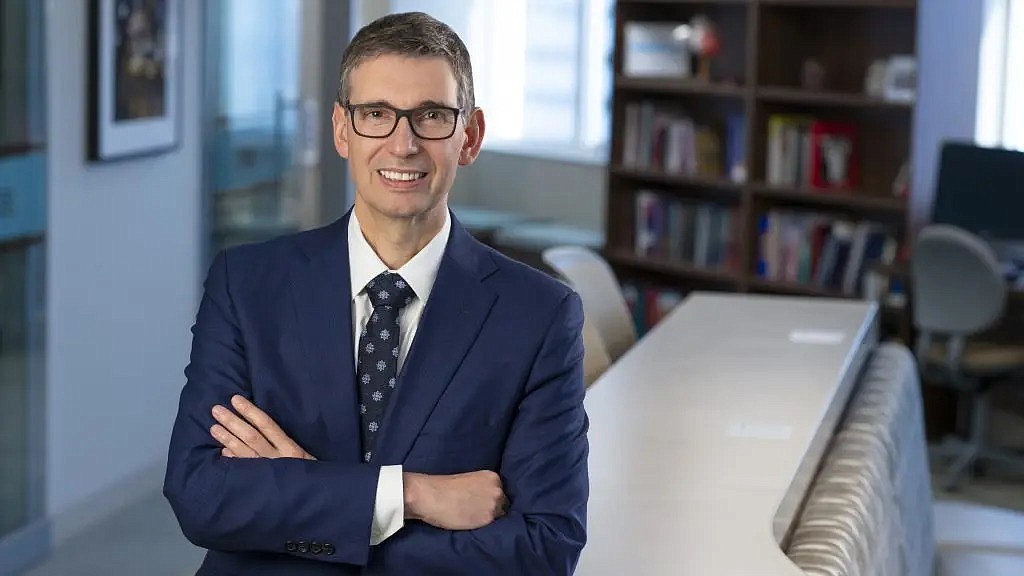
Leaning into telemedicine, artificial intelligence and home-based medicine will be key to transforming health care and solving its issues such as access to and affordability of care, said Mayo Clinic President and CEO Gianrico Farrugia.
Mayo Clinic can be the one to lead the charge, Farrugia said in a presentation Sept. 21 to the World Affairs Council of Jacksonville at The River Club Downtown.
“Who we are drives us to seek who we need to become,” he said.
“We need to have a commitment that we are going to continue to lead a patient-centered transformation of health care in the digital age.”
One benefit of the pandemic was the introduction of telemedicine, he said. The technology already had been around, but health systems didn’t think people were ready for it.
Now, about 25% of all visits at Mayo Clinic’s campuses are virtual.
“We also now have to take the next step, which is integrating telehealth into routine care, so it’s not an either/or option – which it predominantly is now – but it’s part of how care is delivered longitudinally and seamlessly,” he said.
Farrugia said telehealth improves patient satisfaction and quality of care and reduces costs.
Another crucial part in transforming health care is to find more cures for chronic diseases. He said that means a new way to conduct clinical trials.
In the coming weeks, a national clinical trial coalition will be announced, which he said would allow for broader participation.
Artificial intelligence and data also can be useful in finding new cures for diseases, as well as ways to prevent them.
Farrugia said a Mayo physician developed an algorithm from 7 million patient electrocardiograms to predict heart problems before they occur.
“We’re finding a tremendous amount of value in mining existing data to create new knowledge and help more people,” he said.
Another initiative the health system started was an advanced care at home program. It began in Jacksonville and is now rolling out across the country.
It allows patients to receive care from Mayo Clinic doctors virtually from their homes.
Patients are sent home with the appropriate tools and devices to receive hospital care at home.
Farrugia said for those in the program, readmissions into the hospital were reduced by half.
Even with the oncoming digital revolution of health care, Farrugia said there will still be a place for hospitals.
“The need for hospitals is not going to go away,” he said.
“It will be a very different type of facility. We have to design hospitals that come to the patient rather than the patient being moved around the hospital.”